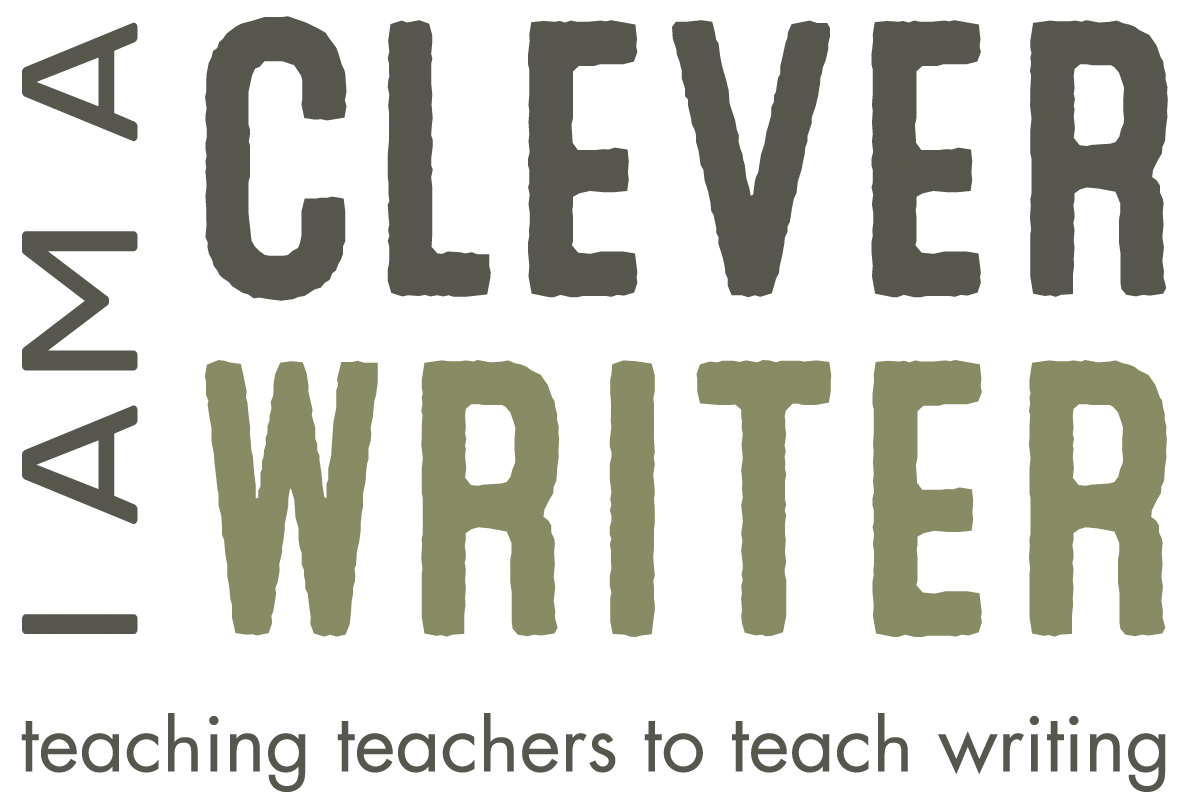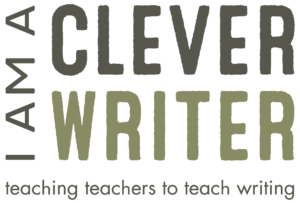This is a question that so many of us face at some point in our career. I remember as a younger teacher; staring at curriculum objectives alongside the class text, not knowing where on Earth to start my English planning!
In recent discussions with several teachers who have qualified in the last 5 years, it seems that planning is not a focal point of training – something that is synonymous with my own experience. Don’t get me wrong, I was made to fill out long winded planning sheets and these were leafed through and ticked off by my tutor, but no one ever sat me down and showed me the process from start to finish, how to break down objectives or how best to differentiate.
I remember being on placement when a teacher gave me an objective she wanted me to cover in English and I, bravely (or so I felt) asked where to start. To this day, the look of horror on her face is imprinted on my memory! However, instead of sitting me down and offering to plan with me, she handed me a folder containing the literacy strategy (showing my age there) and told me to look ‘online’ for resources. At this point I had less than 4 weeks teaching experience and all of my ‘literacy lessons’ at uni had so far been cancelled due to staff illness. Now don’t get me wrong, upon hearing those words of ‘free lesson’ I was overjoyed to hang out with my friends eating cheesy chips and enjoying £1 a pint (those were the days), but tasked with the challenge to plan a writing lesson in this moment, oh how I wished I’d had more guidance!
Thankfully, I’ve learned a lot since then! Now I’m not saying that this suggestion is the only way to plan, but I believe that this is a pretty solid and logical approach. I just wish I’d had this to hand when I went home with my literacy strategy folder all those years ago:
- Ask yourself what new skills do I want to teach and what skills need to be consolidated this week or over the course of this unit. Consult your school’s progression of skills, think about what is soon to be assessed (if you have a specific assessment tool that will assess certain skills at specific times in the year) and MOST importantly use your AfL to determine what skills need further consolidation and may follow on well from previously taught skills.
- Genre – think about what genre best facilitates the skills you’d like to teach? E.g. if you need to consolidate speech, don’t move on to non-chronological reports.
- What stimulus or text will best inspire the above genre? Consider your curriculum and where you can make meaningful links. Check out our future blogs on recommendations for texts suited to certain genres and skills!
- WAGOLL – create a model that gives you a clear picture of where you want to take the children and a clear model to support the children in their learning. If you have a clear idea of the outcome in your mind from the start, it’s easier to break down the steps to ensure the children get there. – Keep your eyes peeled for our up and coming blog on the importance of a WAGOLL and its undeniable value.
- Your planning – how will you ensure your pupils achieve the goal you set? Think about the outcome – where you want them to be and what you want them to be able to do by the end of the unit that they can’t do now? The WAGOLL will guide you. Now work backwards and break it down into achievable steps for the children. If you’re teaching them a brand new skill, perhaps consider giving them the opportunity to concentrate solely on that skill within the context of the stimulus and genre before layering too many previously taught skills. Ensure lots of opportunities for children to refer to the WAGOLL to see how these skills have been applied in the context they will be writing.
- Drafting – children need to write frequently, practising newly taught skills and embedding previously taught skills in a context relevant to the genre and stimulus. Just like in maths, if you don’t use it, you lose it. If children don’t write frequently they don’t have the opportunity to use and further embed their skills.
- Editing, redrafting and improving their work from the week – an extended piece of writing is always good to bring skills and improvements together and provides children with time to really show off what they have learned. It’s also fantastic evidence of progress when compared with how they started the unit and demonstrate what they’re capable of independently.
In recent years, I have also been fortunate enough to participate in I am a Clever Writer CPD, during which time an expert, who actually knew what they’re talking about, planned alongside me and my year group partner. It was invaluable, as the CPD was completely personalised to our cohort, our assessment for learning, the texts we wanted to use etc. It was through this CPD that I finally developed the above approach to planning writing and began to see real progress being made. Definitely the most valuable CPD of my career!

